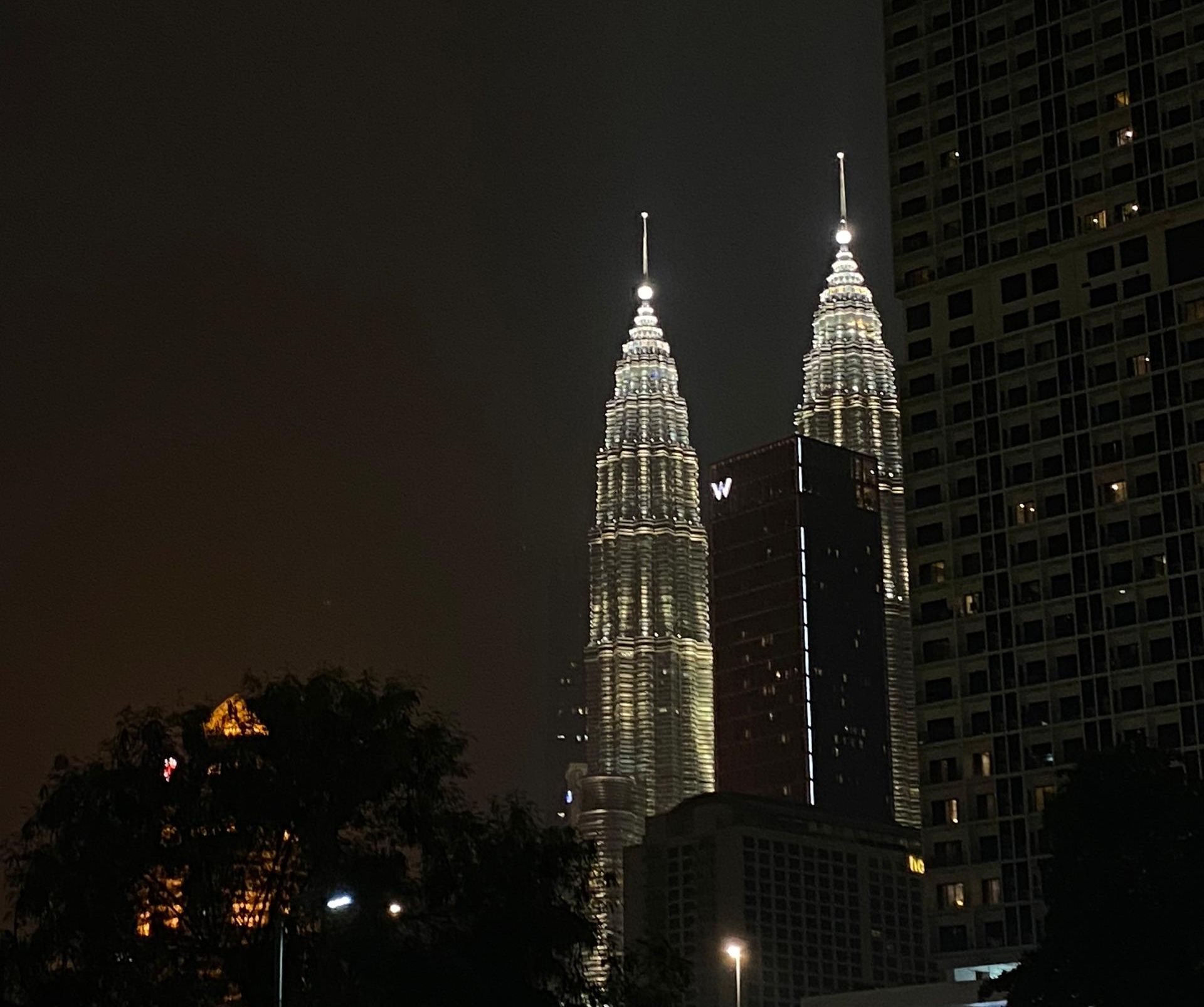Malaysia’s equity market isn’t indecisive—it’s disciplined. The FBM KLCI’s muted trading ahead of the 13th Malaysia Plan is less about short-term caution and more about structural uncertainty. Investors aren’t simply reacting to the US Federal Reserve’s hold or Washington’s tariff posturing. They’re waiting for something more foundational: strategy they can believe in.
While blue-chip counters consolidate and defensive plays quietly absorb capital, Bursa’s behavior reveals a deeper divergence. Malaysia no longer suffers from volatility. It suffers from the absence of directional signals. The 13th Plan should offer that. Whether it does is another question entirely.
The upcoming 13th Malaysia Plan is meant to set the tone for national development over the next five years. In theory, it should anchor sector priorities, fiscal allocations, and reform commitments. In practice, prior plans have eroded investor confidence through delays, dilution, and political reshuffling.
That context matters. Investors are not inherently skeptical of Malaysia’s fundamentals—they’re wary of recycled rhetoric. The global environment has shifted. The Fed’s steady rate hold is no longer a tailwind unless emerging markets offer credible growth stories. Tariffs, while disruptive, are manageable when domestic productivity rises to meet them. But what investors need from Malaysia is conviction, not commentary.
As one regional analyst noted privately: “It’s not that investors are avoiding Malaysia. It’s that they no longer allocate based on vision alone.”
At 9am on the day before the US tariff deadline, the FBM KLCI opened half a point lower at 1,525.6. Blue chips like Tenaga, Nestle, and Press Metal saw marginal declines. On the surface, this looks like consolidation. In context, it’s stagnation.
Contrast this with Malaysia’s own mid-cap resilience. Stocks like Itmax, PPB, and Heineken posted gains, suggesting local fund managers are rotating within—not expanding out. That’s not risk-on behavior. It’s containment logic.
Investors are hedging exposure, not exiting entirely. That reflects an important signal: this isn’t a market panicking over Fed decisions or US tariffs. It’s a market unconvinced that the 13th Plan will materially shift execution outcomes.
Elsewhere in Southeast Asia, even imperfect plans are creating investor conviction. Indonesia’s industrial policy under Jokowi, for all its implementation gaps, has communicated a clear thesis: downplay fuel subsidies, bet on nickel, and back infrastructure. Vietnam’s moves on banking reform and foreign ownership limits show direction, even if slowly.
Malaysia has yet to anchor a comparable narrative. Its export strategy remains broad. Its industrial upgrading ambitions are still couched in legacy terms. And despite digital economy rhetoric, the investment-grade runway for scaling tech adoption remains underdeveloped compared to regional peers. The 13th Plan could fix this—but only if it breaks from the “announce and defer” cycle that has plagued past reform frameworks.
At this point, business leaders and institutional investors are not asking for perfection. They want clarity. What sectors will be prioritized with real fiscal weight? What are the mechanisms for implementation—especially in states where governance fragmentation stalls delivery? What labor or tax reforms will support scaling SMEs?
Without these details, capital will drift—not because Malaysia lacks potential, but because its potential remains bureaucratically constrained. There is a difference between political stability and economic momentum. The latter requires more than plan documents—it needs execution timelines, stakeholder alignment, and institutional stamina. That is the credibility gap Malaysia must close.
Investors don’t expect Malaysia to outperform in the short term. What they want is to know whether the market’s upside will be earned through productivity, not just liquidity.
Malaysia is often described as a “value market” with reliable dividend stocks and defensive currency positioning. But that framing is now tired. What investors want to know is: where is Malaysia going next?
If the 13th Plan offers bold, measurable signals—on decarbonization, supply chain repositioning, regional logistics, or digital competitiveness—it could reset the narrative. If not, Bursa’s range-bound pattern may harden into a longer-term underweight position among global allocators.
At its core, this moment is not about the Fed or the US. It’s about Malaysia’s ability to own its future. Strategic planning is not performance art. It’s a signal of national business model alignment.
Without clarity on industrial upgrading, wage productivity, and tax reform, even the most sophisticated investors will default to inertia. It’s not a rejection—it’s a repricing of credibility. That’s why the muted reaction on Bursa isn’t market indifference. It’s professional restraint. Capital doesn’t need slogans. It needs signals.
The 13th Malaysia Plan is more than a document. It’s a credibility test. If it delivers on detail, fiscal clarity, and institutional coordination, Malaysia could reset its strategic narrative. If it doesn’t, the market won’t crash—but it will drift. And in capital strategy, drift is the most costly outcome of all.















